Healthy Heart, Healthy You!!
May 21, 2019 • 73 views
A healthy heart keeps you strong. The best way to look after your heart is with a healthy lifestyle. As it is one of the most important vital organs in our body, it is necessary to take care of it.
The leading cause of death for both men and women are heart diseases. Each country spends billions of rupees a day for the treatment of heart disease. Therefore it is necessary to educate against heart disease. Earlier heart diseases were considered to occur among aged people. But now, it even occurs in youth. Almost 30% of the patients undergoing angioplasty and bypass surgery are below the age of 40. Hence, the precautions needed to prevent heart diseases are inevitable.
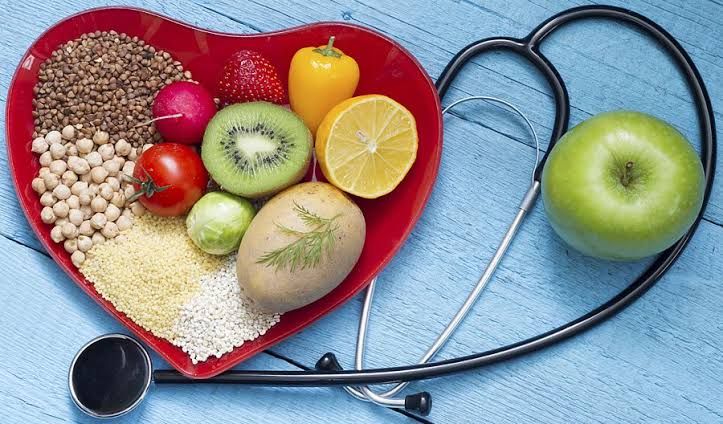
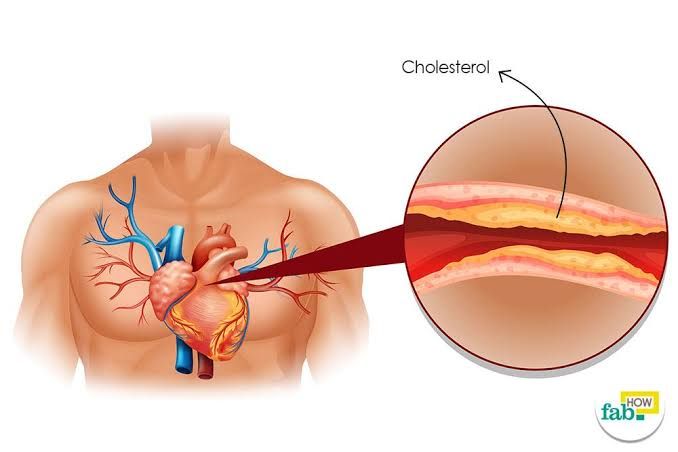
There are many things that we must include and exclude in the daily diet. But it is difficult for many of us to make it a routine. However, from our daily intake, we get more than 30% energy from fat consumed, which also results in heart diseases and cholesterol. This increases plaque in the blood vessels and affects blood circulation. Therefore people with cholesterol should reduce the consumption of fat every day by 20 grams.
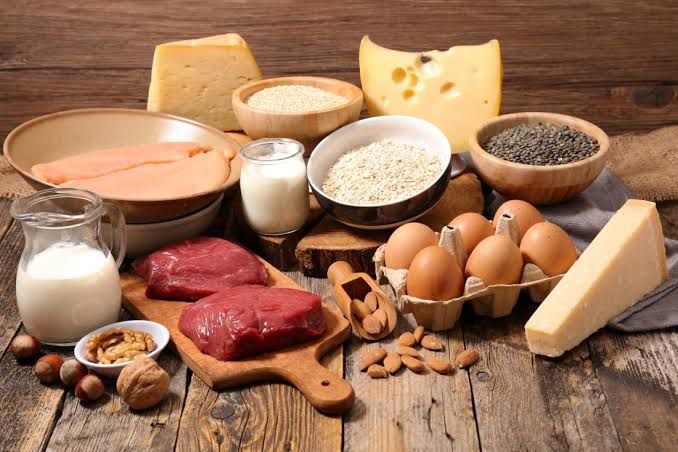
Meats and dairy products contain a lot of cholesterol. Saturated fats also lead to heart diseases. Along with butter and ghee, having mustard seeds, vanaspati, black tea, coffee, colas and sweets should be controlled.
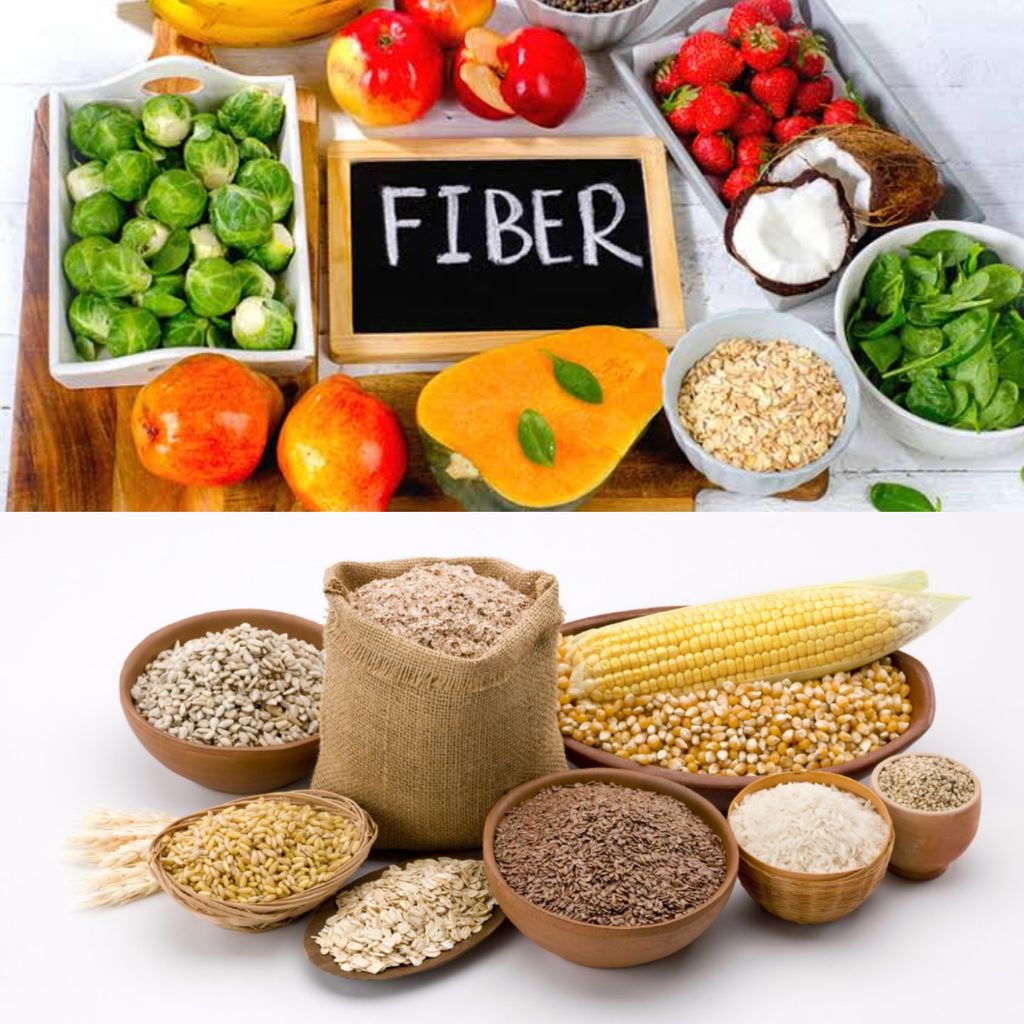
Instead, garlic, vegetables containing fibres, leafy vegetables and fruits can be part of the diet. We must make sure to consume at least 50 grams of fibres. Unsourced grains, oats and beans are also good.
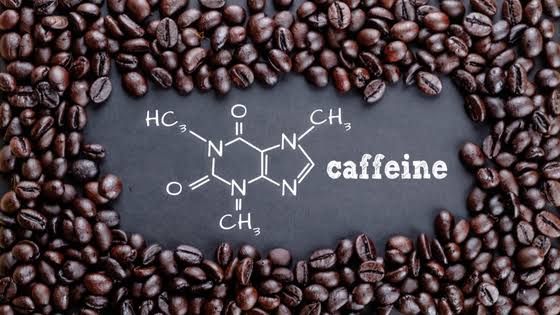
Caffeine in coffee and tea is harmful to cardiovascular health. The amount of caffeine in a cup of instant coffee is 70 mg, tea is 50 mg and cola is 30-60mg. So we should not have tea and coffee more than two cups a day.

Ethyl alcohol in whiskey, brandy, rum, beer and wine raises blood pressure and its overuse can damage the heart muscles. Alcohol consumption increases body weight as it gets stored as fat in the body. This results in an increased level of triglyceride in the blood.
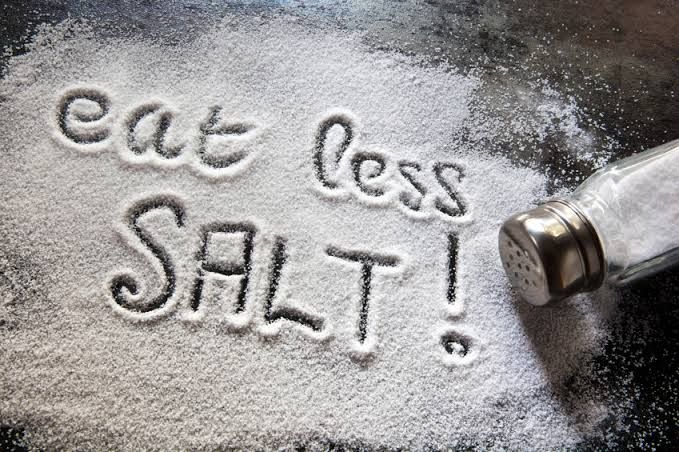
Eating more salty food items is not good for cardiovascular health. It increases the level of sodium in the blood, leading to swelling and obesity. Sodium is required in a certain amount to control blood pressure and to keep our nerves and muscles healthy. Use of salt should not exceed 5g per day.
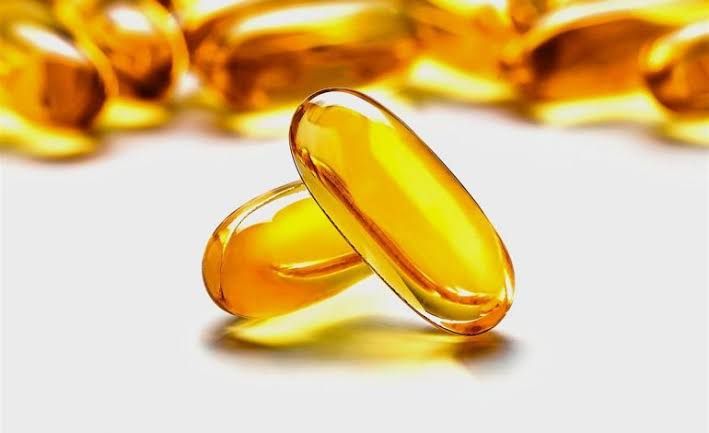
Omega-3 fatty acids in fish are resistant to cardiovascular disease and can be included in the diet for up to 200 grams a week. Low amount of peanuts, almonds and cashew nuts help to maintain good cholesterol levels (HDL) and body fats.

Exercise plays an important role in retaining a healthy heart. It also helps to control body weight and cholesterol. It is mandatory to exercise for at least 30 minutes every day.
